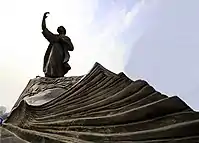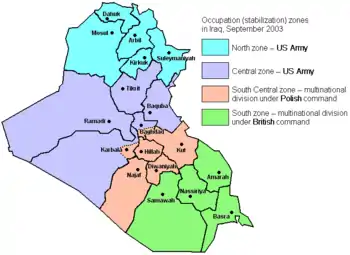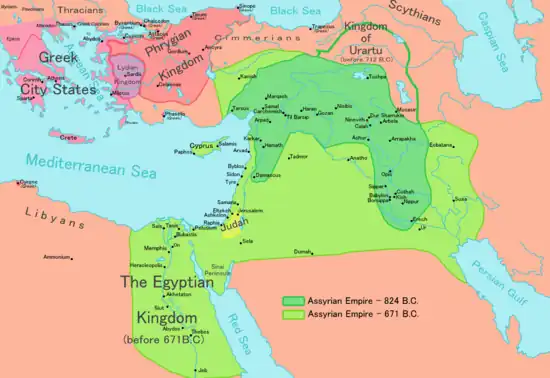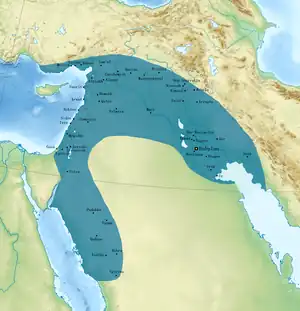The Iraq PortalA view of Baghdad, Iraq
Iraq, officially the Republic of Iraq, is a country in West Asia and in the geopolitical region known as the Middle East. With a population of over 45 million, it is the 14th-most populous country on the Asian continentand the 33rd-most populous country in the world. It is a federal parliamentary republic that consists of 19 governorates. The country is bordered by Turkey to the north, Iran to the east, the Persian Gulf and Kuwait to the southeast, Saudi Arabia to the south, Jordan to the southwest and Syria to the west. The capital and largest city is Baghdad. The Iraqi people are diverse, with similarly diverse geography and wildlife. Most Iraqis are Muslims – minority faiths include Christianity, Yazidism, Mandaeism, Yarsanism and Zoroastrianism. The official languages of Iraq are Arabic and Kurdish; others also recognised in specific regions are Turkish (Turkmen), Suret (Assyrian), and Armenian. Modern Iraq dates to 1920, when the British Mandate for Mesopotamia was created under the authority of the League of Nations. A British-backed monarchy was established in 1921 under Faisal. The Hashemite Kingdom of Iraq gained independence from the UK in 1932. In 1958, the monarchy was overthrown and the Iraqi Republic created. Iraq was ruled by the Arab Socialist Ba'ath Party from 1968 until 2003, led by Ahmad Hassan al-Bakr and then by Saddam Hussein, as a one-party state. Iraq invaded Iran in 1980, sparking a protracted war that ended as a stalemate in 1988, with devastating losses for both sides. In 1990, Iraq invaded Kuwait, leading to global condemnation and a military campaign waged by US-led international coalition that expelled Iraqi forces from Kuwait. A 2003 invasion launched by another US-led coalition as part of its "Global War on Terror" resulted in the defeat of Ba'athist Iraq and execution of Saddam Hussein. Discontent with the de-Ba'athification policies of the Provisional Authority stirred up an anti-American insurgency, which escalated into a sectarian civil war. In 2005, new constitution was adopted and multi-party parliamentary elections were held in Iraq. Withdrawal of US troops from Iraq began in 2008, and American occupation officially ended in 2011. Continued repression and sectarian policies of Nouri al-Maliki's Shia government caused the 2012–13 Iraqi protests, after which a coalition of Ba'athist and Sunni militias took up arms during the 2013 Anbar campaign. The climax of the campaign was the Northern Iraq offensive by the Islamic State group that marked its rapid territorial expansion, prompting the return of American troops to fight the War in Iraq, which lasted until 2017. Iran has also intervened in Iraq since 2014, expanding its influence through sectarian parties and Khomeinist militia groups, triggering widespread protests in Iraq. (Full article...) Selected article -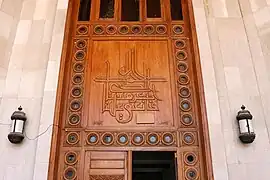 Basra (Arabic: ٱلْبَصْرَة, romanized: al-Baṣrah) is a city in southern Iraq located on the Shatt al-Arab. It had an estimated population of 1.4 million in 2018. Basra is also Iraq's main port, although it does not have deep water access, which is handled at the port of Umm Qasr. However, there is ongoing construction of Grand Faw Port on the coast of Basra, which is considered a national project for Iraq and will become one of the largest ports in the world and the largest in the Middle East, in addition, the port will strengthen Iraq's geopolitical position in the region and the world. Furthermore, Iraq is planning to establish a large naval base in the Faw peninsula. Historically, the city is one of the ports from which the fictional Sinbad the Sailor journeyed. The city was built in 636 and played an important role in the Islamic Golden Age. Basra is consistently one of the hottest cities in Iraq, with summer temperatures regularly exceeding 50 °C (122 °F). In April 2017, the Iraqi Parliament recognized Basra as Iraq's economic capital. (Full article...)Selected picture
Kufa Mosque Did you know...
Selected biography -Sargon of Akkad (/ˈsɑːrɡɒn/; Akkadian: 𒊬𒊒𒄀 Šarrugi), also known as Sargon the Great, was the first ruler of the Akkadian Empire, known for his conquests of the Sumerian city-states in the 24th to 23rd centuries BCE. He is sometimes identified as the first person in recorded history to rule over an empire. He was the founder of the "Sargonic" or "Old Akkadian" dynasty, which ruled for about a century after his death until the Gutian conquest of Sumer. The Sumerian King List makes him the cup-bearer to King Ur-Zababa of Kish. (Full article...)
General imagesThe following are images from various Iraq-related articles on Wikipedia.
ListsTopicsCategoriesCategory puzzle Select [►] to view subcategories
Iraq Iraq-related lists Annual events in Iraq Iraqi culture Economy of Iraq Education in Iraq Geography of Iraq Government of Iraq Health in Iraq History of Iraq Organizations based in Iraq Iraqi people Politics of Iraq Society of Iraq Images of Iraq Iraq stubs Related portalsReligions in Iraq Arab states WikiProjects
Things you can do
Associated WikimediaThe following Wikimedia Foundation sister projects provide more on this subject:
Discover Wikipedia using portals
| ||||||||
.jpg.webp)
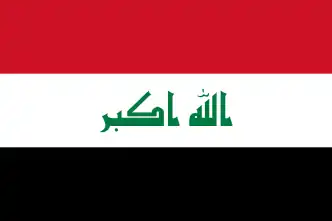
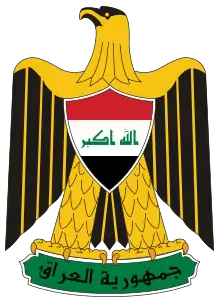
.svg.png.webp)
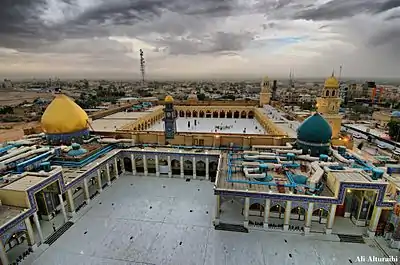
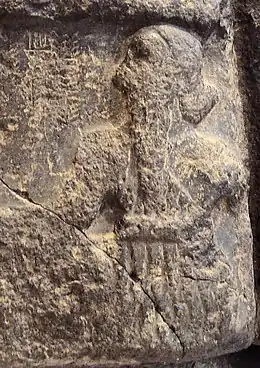
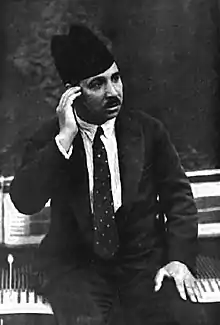
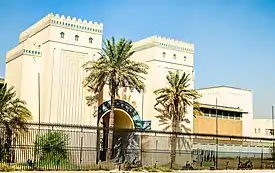
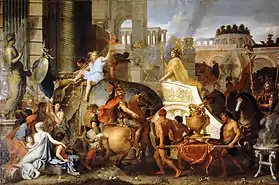
.jpg.webp)
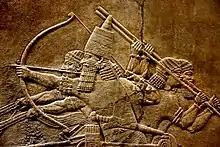
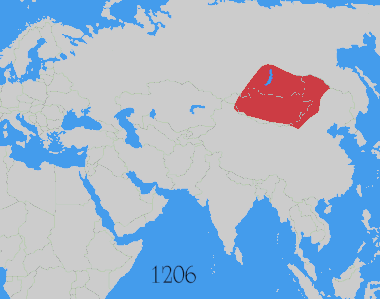

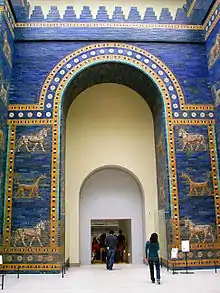
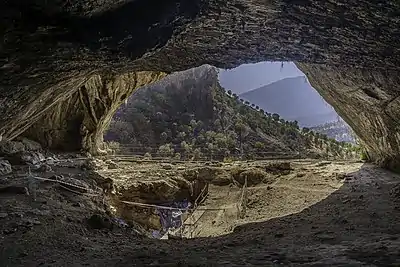
.svg.png.webp)


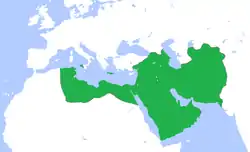
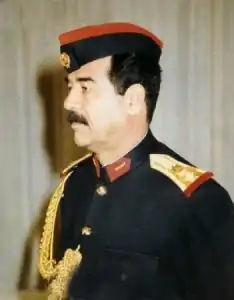



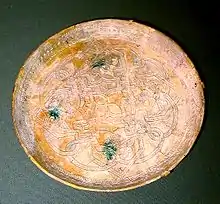



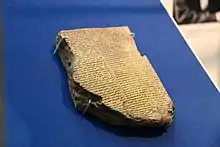

.jpg.webp)

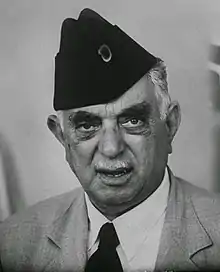
.svg.png.webp)
